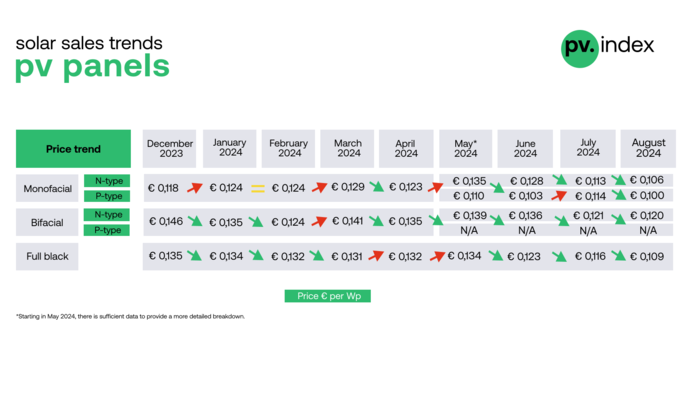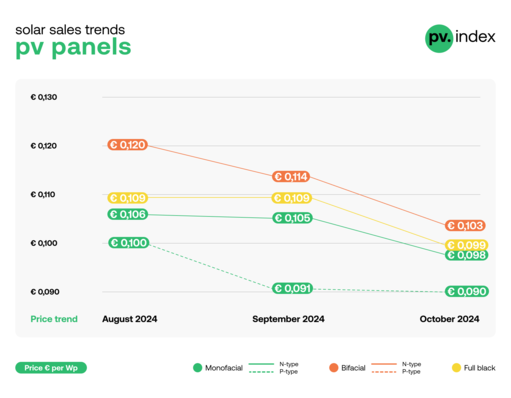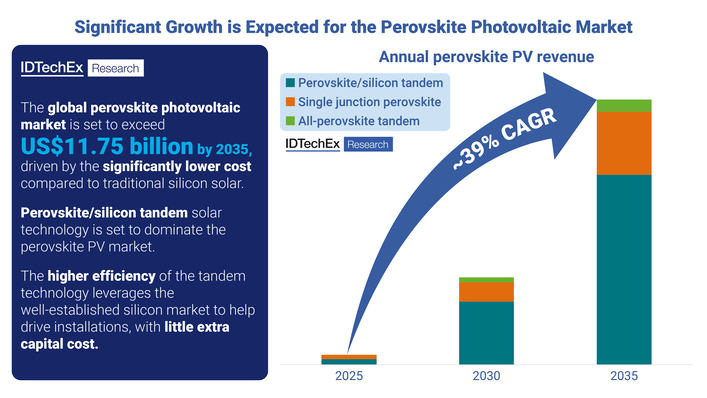With Module-Tec, the Fraunhofer Institute for Solar Energy Systems has created a development centre for new technologies. Here, module manufacturers can develop new product ideas and have them tested. Module manufacturers have to stay on the ball technologically and continue to develop their products and create new solutions.
See also: Developing a tandem solar module with over 25 per cent efficiency
This requires not only ideas, but also a lot of research and testing equipment. So that module manufacturers do not have to purchase all of this themselves, they can make use of the new Module-Tec from Fraunhofer ISE.
Driving innovation forward
This offers them a development and production environment of over 1,000 square metres where they can manufacture and test modules ranging from prototypes to small series on industrial systems. "Germany and the European Union have a strategic interest in building resilience in the production of photovoltaic modules and not remaining dependent on Chinese suppliers," explains Andreas Bett, Institute Director at Fraunhofer ISE. "The new Module-TEC aims to promote innovations developed at Fraunhofer ISE and support European material, module and system manufacturers in the market launch of technologically excellent and sustainable PV products."
Development centre reorganised
The actual Module-Tec is not entirely new. The researchers at Fraunhofer ISE have already developed a whole host of new technologies in this centre. But now the institute is going even further. "We hope that the reorganisation and expansion of our Module-TEC will enable us to support photovoltaic companies even faster and more comprehensively," says Holger Neuhaus, Head of the PV Module Technology Department and Head of the Module-TEC at Fraunhofer ISE.
Development needs for the EU market
In addition to the development of modules with higher efficiency, the aim is to further develop modules with a more sustainable structure. "Especially for the European market, we also see a great need for the development of modules for integrated applications, for example as solar car roofs or as part of the building envelope," says Holger Neuhaus.
Development support from scientists
Specifically, module manufacturers can utilise industrial equipment for cell interconnection, laminators, a large selection of materials and solar cell technologies as well as extensive analysis equipment.
Also interesting: Car hoods with integrated solar cells
Fraunhofer ISE scientists and engineers support solar companies from virtual analyses to joint design development, the construction of prototypes and small series through to the evaluation of long-term stability. Thanks to a large selection of connection technologies and module materials, different structures can be realised in a short time. (su/mfo)








